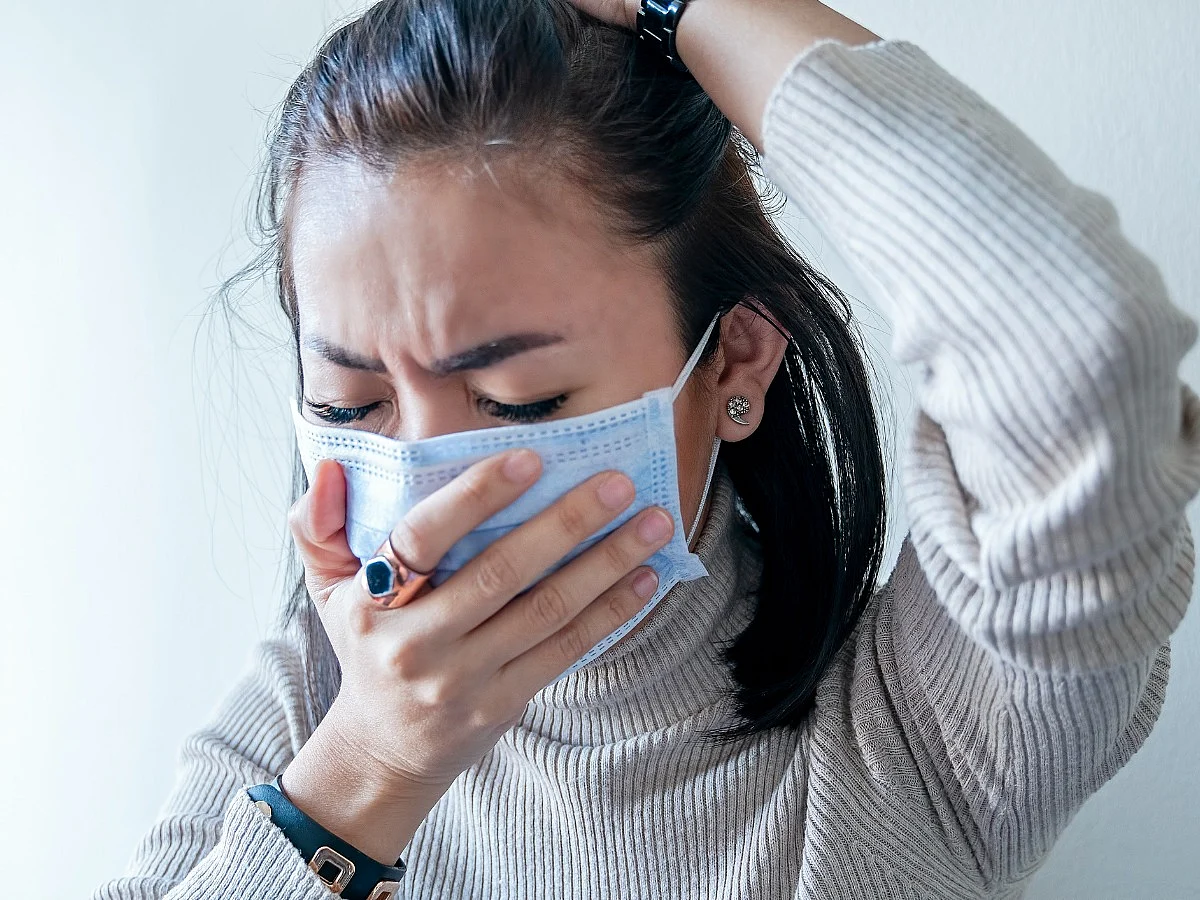Adenovirus Outbreak in Kolkata: Symptoms, Causes, Diagnosis, Treatment & More
Here are the symptoms, causes, spread, diagnosis, and treatment for the Adenovirus infection.

advertisement
Adenovirus is a common virus that causes cold or flu-like symptoms that are often taken as symptoms of infections. Research proves that there are around 50 types of adenoviruses that can cause an infection in humans. Adenovirus infections occur throughout the year, but the infections are more common in winter and early spring. Infections range from mild to severe, but serious illness doesn’t occur.
Adenoviruses can affect people of all ages but they are more common in children younger than 5 years. The common reason for the spread of adenoviruses in babies and young children is daycares. In this setting, babies and children come into close contact with one another or put different objects in their mouths causing infections.
Let's know the other causes, symptoms, diagnosis, treatment, and prevention options.
The reason for the spread of adenoviruses in adults can be crowded environments like dormitories, military quarters, hospitals, and nursing homes.
People with weak immune systems are also at a higher risk of suffering from an adenovirus infection. People who have weakened immunity include people who have had stem cell transplants or organ transplants, cancer, HIV/AIDS patients, and people suffering from respiratory disease.
Adenovirus: Symptoms
According to Cleveland Clinic, the symptoms of adenovirus infections you experience depend on which part of your body the virus infects. The virus commonly infects the respiratory system causing symptoms similar to the common cold or flu. Other symptoms include:
Cough.
Fever.
Runny nose.
Sore throat (pharyngitis).
Pink eye (conjunctivitis).
Ear infection (otitis media).
Swollen lymph nodes.
Chest cold (bronchitis).
Adenoviruses can also affect your gastrointestinal tract causing diarrhea, gastroenteritis causing stomach pain, diarrhea, nausea, and vomiting.
If adenoviruses affect your bladder and nervous system, it can cause urinary tract infections and affect your brain causing encephalitis and meningitis.
Adenovirus: Causes
There are approximately 50 types of adenoviruses that can infect humans and the symptoms may differ depending on the parts of the body which get infected. The virus can spread easily. Young children and people with weakened immune systems are at a higher risk of infection.
Adenovirus: Diagnosis
Mild infection doesn't need a doctor but if you suffer from any severe infection, consult a doctor. Your doctor may order laboratory tests to confirm an adenovirus diagnosis. They may swab your nose or throat to collect a sample of your mucus.
Adenovirus: Treatment & Prevention
There aren’t any specific treatments for adenovirus infections. In cases of mild infection, people just have to look after their symptoms to get some relief with over-the-counter fever reducers and pain relievers. One must drink plenty of water and get plenty of rest.
Antiviral medications and antibiotics won’t work on an adenovirus.
In cases of severe symptoms and a weakened immune system, you must consult a doctor and get treatment in the hospital to recover from a serious infection. In rare cases, you may need treatment with an antiviral medication such as cidofovir or ribavirin.
According to doctors of the Mayo Clinic, you can reduce your risk of getting infected with an adenovirus infection in the following ways:
Wash your hands with soap and water frequently for at least 20 seconds
Avoid touching your mouth, nose, or eyes if you haven’t washed your hands.
Do not come in contact with people who are sick.
Clean and disinfect your child’s toys often.
Clean counters, sinks and other hard surfaces with a bleach and water mixture.
Prefer staying home if you’re sick.
Use tissues while sneezing and coughing.
Do not share utensils, cups, towels, and pillows with others.
(At The Quint, we question everything. Play an active role in shaping our journalism by becoming a member today.)